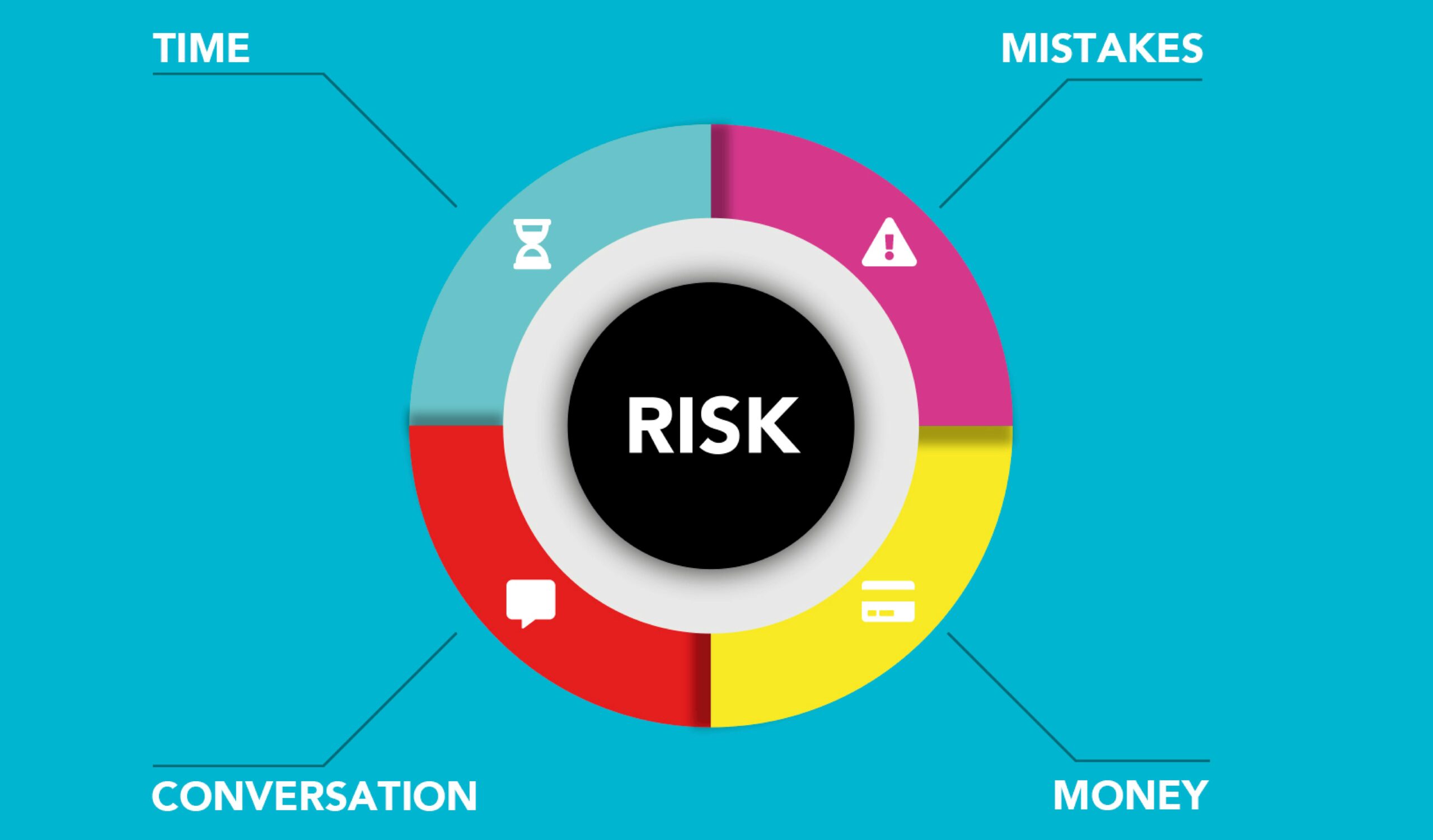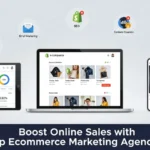
Introduction: Embracing the Power of AI in Marketing
Artificial Intelligence (AI) is revolutionizing modern marketing, shifting it from traditional methods to data-driven, AI-powered strategies. This transition offers unprecedented opportunities to enhance efficiency, improve customer experiences, and boost ROI. Embracing AI marketing implementation is no longer optional; it’s essential for staying competitive.
Step-by-step Instructions: Integrating AI into Your Marketing Workflow
Step 1: Data Collection and Analysis – The Foundation of AI Marketing
The cornerstone of any successful AI strategy is robust data. This involves gathering relevant information about customer behavior, market trends, and campaign performance. Utilize various data collection methods and tools to build a comprehensive dataset. This data fuels AI algorithms, enabling accurate insights and informed decisions.

Step 2: Leveraging AI for Customer Segmentation and Targeting
Once you have data, AI algorithms can analyze it to identify distinct customer segments. This allows you to tailor marketing messages for maximum impact. Understanding your audience enables highly targeted campaigns, increasing engagement and conversion rates. This is a key aspect of marketing automation AI.

Step 3: Automating Content Creation with AI Tools
AI tools can generate engaging content, from blog posts and social media updates to email campaigns. Explore tools like Jasper or Copy.ai to streamline your content creation process. This frees up your team to focus on other critical tasks. Check out our guide on how to use AI to supercharge your digital marketing for more insights.

Step 4: Optimizing Campaigns with AI-Driven Insights
AI can analyze campaign performance in real-time, providing actionable insights for optimization. This includes adjusting bidding strategies, ad creatives, and targeting parameters. This dynamic approach ensures your campaigns are always performing at their best.

Step 5: Implementing AI for Personalized Customer Experiences
Personalize website experiences, product recommendations, and customer service interactions using AI. This leads to improved engagement and conversions. Personalized experiences make customers feel valued and understood, fostering loyalty.

Step 6: Using AI for Predictive Analytics
Leverage AI to forecast future trends and customer behavior. This enables proactive marketing strategies. By anticipating future needs, you can stay ahead of the competition. This is a crucial element in any effective AI strategies for marketing.

Tips and Warnings: Navigating the AI Marketing Landscape
Tip 1: Start Small and Scale Gradually
Begin with small-scale AI implementations and gradually expand as you gain experience and see results. This allows you to learn and adapt without significant risk.
Tip 2: Prioritize Data Privacy and Security
Adhere to data privacy regulations and ensure the security of customer information. Protect your customers’ data.
Tip 3: Choose the Right AI Tools for Your Needs
Select AI tools that align with your specific marketing goals and budget. Consider user-friendliness and integration capabilities.

Warning 1: Don’t Over-Rely on AI
Maintain human oversight and judgment in AI-driven marketing strategies. AI is a tool, not a replacement for human expertise.
Warning 2: Stay Updated on AI Trends
Continuous learning and adaptation are crucial in the rapidly evolving field of AI marketing. Stay ahead of the curve by following industry news and trends.
Conclusion: The Future of Marketing is Intelligent
AI is reshaping the marketing landscape. By embracing these technologies, marketers can achieve greater efficiency, improved customer experiences, and higher ROI. The future of marketing is intelligent, and those who adapt will thrive.

Summary
AI offers powerful tools for data analysis, customer segmentation, content creation, campaign optimization, and personalization. Begin with small-scale implementations, prioritize data privacy, and choose the right tools. Human oversight and continuous learning are crucial for success.
FAQ
How can AI improve my marketing ROI?
AI enhances ROI by optimizing campaigns, personalizing customer experiences, and improving targeting accuracy.
What are the common challenges of implementing AI in marketing?
Challenges include data privacy concerns, the need for specialized skills, and the cost of implementation.
What AI tools are best for small businesses?
Recommend specific, user-friendly AI tools suitable for small businesses, focusing on ease of use and affordability.
Additional Resources / References
- What You Need to Know Before Adding AI to Your Marketing Strategy
- How To Use AI to Start, Build & Grow Your Small Business (20 AI …
- AI Will Shape the Future of Marketing – Professional & Executive …
- How to Design an AI Marketing Strategy – Harvard Business Review
- 26 best AI marketing tools I’m using to get ahead in 2025
- How to Craft Successful Facebook Ads for Your Business
- How to use AI to Supercharge Your Digital Marketing
- How to Use AI to Skyrocket Your Marketing ROI: A Beginner’s Guide
- How AI Can Revolutionize Your Digital Marketing: A Step-by-Step Guide
- Unlock Facebook Ads Success: A Beginner’s Guide to High-Converting Campaigns



